
Saturday 23 April, 08:30
MFYS Sport Injury Seminar
On April 23 2022 from 9 am until 1 pm, MFYS hosts the Sport Injury Seminar on the main campus of Vrije Universiteit Brussel in Etterbeek. The symposium will leave the floor to renound researchers and clinicians (surgeons, physiotherapists, …) which will be an added value for...
On April 23 2022 from 9 am until 1 pm, MFYS hosts the Sport Injury Seminar on the main campu...

Friday 1 January, 12:00
SGP Application
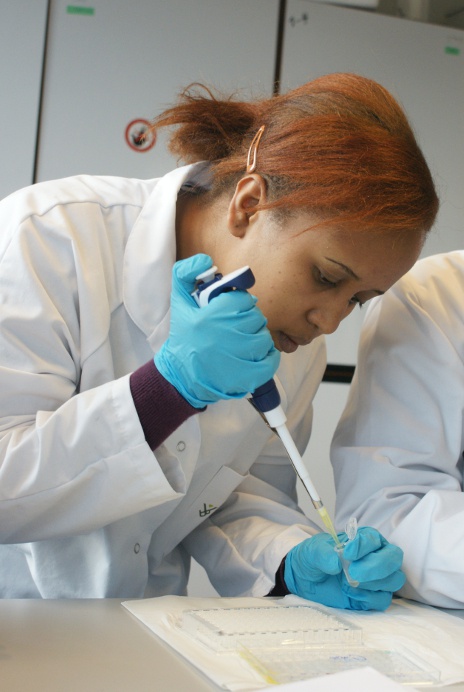

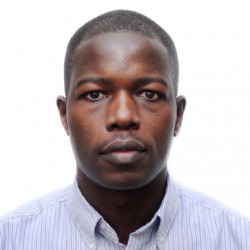 Steven Odongo, PhD student
Steven Odongo, PhD student
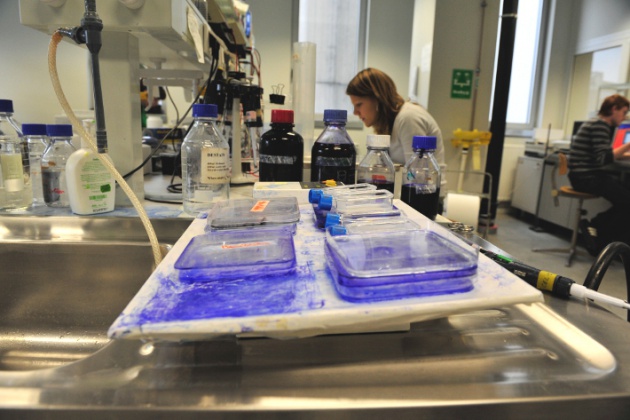
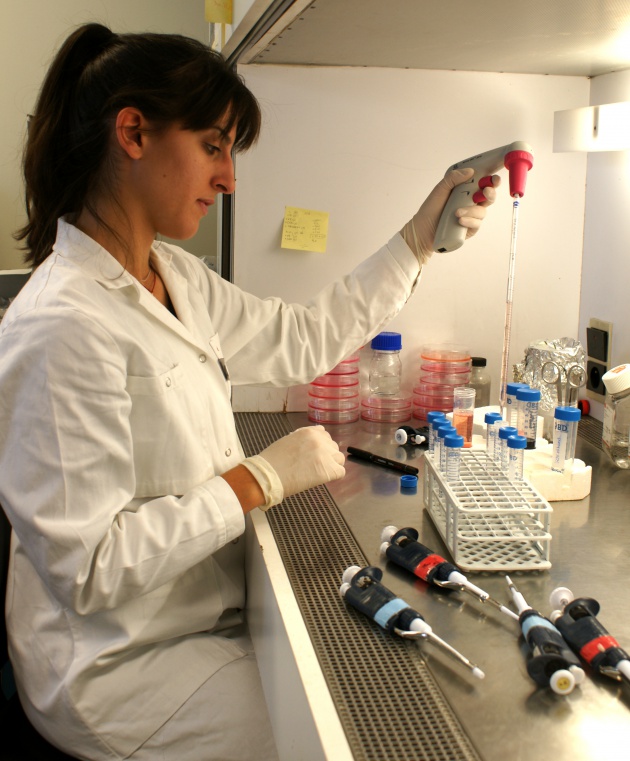 Evangelina Bolli, alumna and PhD student
Evangelina Bolli, alumna and PhD student
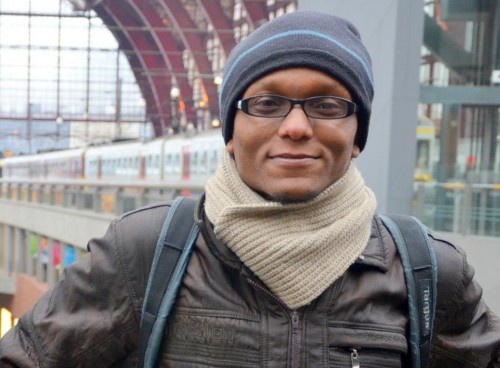 Christopher Kinyanjui Kariuki, PhD student
Christopher Kinyanjui Kariuki, PhD student